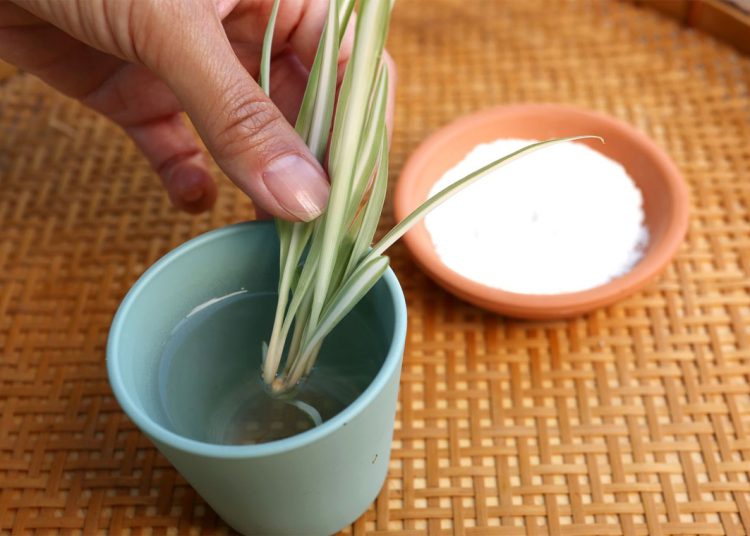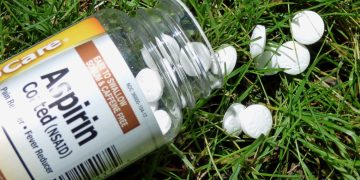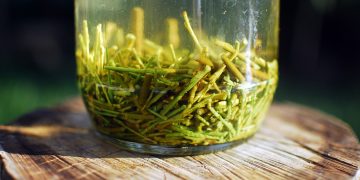When it comes to propagating plants, particularly for cuttings, rooting agents like rooting gel and rooting powder are essential tools for gardeners looking to increase their success rates.
These products help stimulate the development of roots in plant cuttings, which is critical for the growth of new plants.
However, the choice between rooting gel and rooting powder can be tricky. Each has its advantages and disadvantages, so it’s important to understand the differences between the two before choosing which one to use.
Rooting Gel: The Advantages
Rooting gel is a popular choice among gardeners, especially those who are new to plant propagation. It is often used for woody and soft-stemmed plants and is known for its ability to provide a protective coating to the cutting.
Advantages of Rooting Gel:
Longer Contact Time: Rooting gels adhere to the cutting better than powders, which allows for a longer time in contact with the plant tissue. This can increase the likelihood of successful rooting.
Consistent Application: The gel consistency allows for a more even and controlled application, ensuring that the rooting hormone is applied uniformly across the cutting surface. This consistency is harder to achieve with powder, which can sometimes create clumps.
Moisture Retention: Since gels are thicker, they help retain moisture around the cutting, which can prevent desiccation (drying out). This is especially important for tender cuttings, as the gel helps keep them hydrated during the rooting process.
Less Messy: Rooting gel tends to be less messy than powders, as it sticks directly to the cutting and doesn’t create a dusty residue. This can make the propagation process cleaner and more efficient.
Rooting Powder: The Advantages
Rooting powder is another widely used rooting agent, often favored for its convenience and easy application. It is typically applied by dipping the cut end of the cutting into the powder, making it a quick option for gardeners.
Advantages of Rooting Powder:
Cost-Effective: Rooting powders are generally less expensive than gels, making them a more affordable option for gardeners, particularly those propagating large quantities of plants.
Wide Availability: Rooting powders are commonly available in most garden centers and come in various formulations. Some powders include fungicides that protect the cutting from fungal infections during the rooting process.
Ideal for Quick Propagation: If you’re propagating large numbers of plants, rooting powder can be quicker and easier to apply, as it doesn’t require the precision of gel application.
Versatile: Rooting powder works well for many plant types, from herbaceous plants to woody species. It’s particularly beneficial for plants that root easily, like coleus, begonias, and geraniums.
Key Differences Between Rooting Gel and Rooting Powder
Application Method: Gels provide a thicker layer and are easier to control during application, whereas powders can be messier and harder to apply evenly.
Effectiveness: Rooting gels tend to work better for plants that require more delicate care (like tropical plants), whereas powders might be more suitable for plants that naturally root quickly or have hardy cuttings (like some shrubs).
Moisture Retention: The gel helps hold moisture around the cutting, which is important for preventing dehydration. Rooting powder doesn’t offer the same moisture-retaining benefit.
Storage and Shelf Life: Rooting powders tend to have a longer shelf life and can be stored easily in a dry, airtight container. Rooting gels, on the other hand, may degrade faster once opened and exposed to air.
Which Is Better?
The choice between rooting gel and rooting powder really depends on your specific needs and the type of plant you are propagating.
For Beginners or Delicate Plants: If you're new to propagation or working with delicate or slow-rooting plants (such as tropical species), rooting gel may be the better option due to its ability to retain moisture and its longer contact time on the cutting.
For Larger Scale Propagation or Budget-Conscious Gardeners: If you’re propagating a large number of plants or working with hardy species that root more easily, rooting powder might be a better fit. It's cost-effective, easy to use, and versatile for a range of plants.
For Maximum Protection Against Fungal Infections: If you're concerned about fungal infections during propagation, some rooting powders contain fungicides, making them a better choice for plants prone to diseases.
















